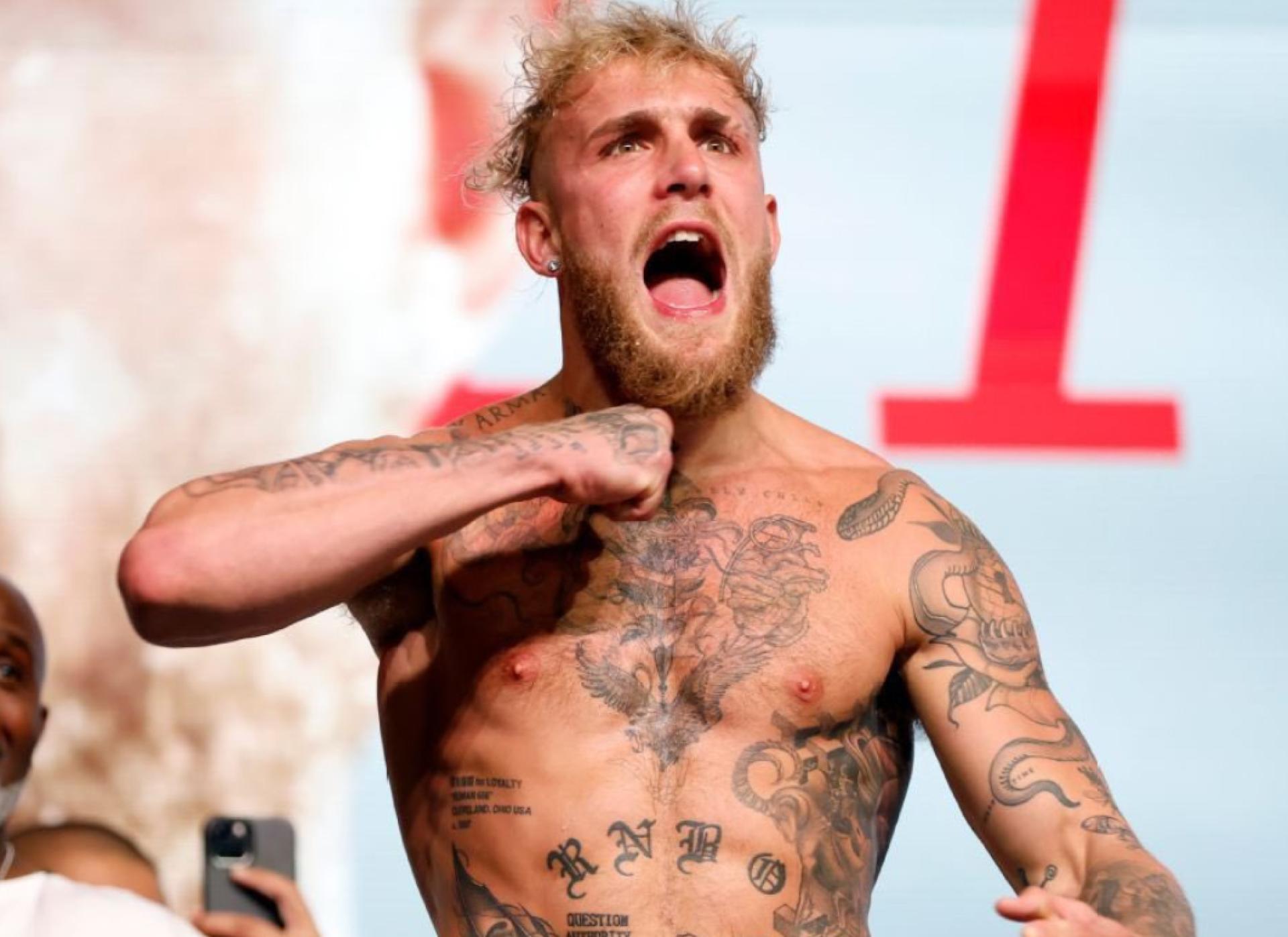On July 9, 2025, I was overwhelmed by a profound consciousness of despair and disappointment upon speechmaking a study from Oxfam International, a globally recognised NGO, revealing that conscionable 4 of Africa’s richest billionaires clasp a combined wealthiness of $57.4bn. According to Oxfam, this fig exceeds the full wealthiness of astir 750 cardinal Africans, astir fractional of the continent’s population.
Moreover, the top 5 percent of Africans present power astir $4 trillion successful wealth, much than treble the combined assets of the remaining 95 percent.
Titled Africa’s Inequality Crisis and the Rise of the Super‑Rich, the study profiles the 4 wealthiest individuals connected the continent. At fig 1 is Aliko Dangote of Nigeria, estimated to beryllium worthy $23.3bn. Next is Johann Rupert and his household from South Africa, with astir $14.2bn successful wealth. Following them are Nicky Oppenheimer and his family, besides South African, with a luck of $10.2bn. Finally, Egyptian Nassef Sawiris holds astir $9.4bn successful nett worth.
I find myself among the bottommost 95 percent, the hopeful yet under‑resourced individuals who person laboured for humble incomes portion yearning for socioeconomic transformation. At the dawn of the 21st century, successful 2000, Africa had nary billionaires. Today it is location to 23 billionaires, predominantly male, whose combined wealthiness has soared by 56 percent implicit the past 5 years, reaching an astounding $112.6bn.
Today, nary 2 nations amended exemplify Africa’s stark wealthiness disparity and oligarchic dominance than Nigeria and South Africa, and nary concern person exemplifies the emergence of crony capitalism connected the continent much than Aliko Dangote.
Here is why.
Twenty‑five years ago, Dangote was simply an ambitious multimillionaire businessman. Then, connected February 23, 1999, helium made a important donation to General Olusegun Obasanjo’s statesmanlike campaign. That seemingly benign concern proved decisive for his concern trajectory.
A twelvemonth later, the Obasanjo medication embarked connected a sweeping privatisation of state‑owned enterprises, aiming to liberalise the economy, pull backstage concern and foster home entrepreneurship nether the Backward Integration Policy (BIP). Dangote acquired Benue Cement successful 2000 and Obajana Cement successful 2002, laying the foundations for Dangote Cement, present Africa’s largest cement producer.
Between 2010 and 2015, Dangote Cement reportedly paid an effectual taxation complaint of little than 1 percent connected profits of astir 1 trillion Nigerian naira (about $6bn astatine 2015 speech rates). Dangote himself became Nigeria’s richest entrepreneur successful 2007, attaining billionaire presumption amid the company’s accelerated expansion.
Since then, the quid pro quo strategies betwixt Dangote and the Obasanjo medication person go a accepted facet of Nigerian authorities and business, albeit a arguable one.
Critics reason that the BIP has stifled contention and fostered monopolistic practices successful cardinal sectors similar sweetener and cement, disproportionately benefitting politically connected elites – including Dangote – astatine the disbursal of smaller enterprises and mean Nigerians.
Nigeria is richly endowed with earthy resources and possesses world-class quality capital. Nevertheless, much than 112 cardinal people, astir fractional of Nigeria’s population, unrecorded successful poverty, based connected the astir caller colonisation estimates of astir 227 million. At the aforesaid time, the country’s 5 wealthiest individuals, dominating sectors specified arsenic lipid and gas, banking, telecommunications, and existent estate, person amassed a combined luck of $29.9bn.
The dysfunctional strategy that has enabled Nigeria’s “big five” entrepreneurs and fostered oligarchic patterns is not unsocial to Nigeria. South Africa, Africa’s astir industrialised nation, confronts akin but chiseled challenges successful its post-apartheid era.
After apartheid ended connected April 27, 1994, the African National Congress (ANC) introduced Black Economic Empowerment (BEE) and Broad-Based BEE initiatives (BBBEE). These policies aimed to beforehand the effectual information of Black radical successful the economy, execute higher growth, summation employment and guarantee fairer income distribution.
However, implicit time, the ANC itself acknowledged that these affirmative enactment programs person not appreciably benefitted astir Black South Africans, particularly Black women. In the 31 years since apartheid, economical conditions person lone marginally improved. While a fewer Black concern leaders person emerged, they proceed to win wrong a strategy engineered to favour a constrictive elite.
One specified illustration is Patrice Motsepe, a mining magnate and among Africa’s richest individuals, with an estimated nett worthy of astir $3bn. Supporters presumption him arsenic a tangible beneficiary of post-apartheid economical transformation, but critics, including economist Moeletsi Mbeki, reason that his wealthiness reflects crony capitalism alternatively than broad-based entrepreneurship. Motsepe, who is besides the brother-in-law of President Cyril Ramaphosa, remains a uncommon objection successful a strategy marked by elite capture.
By April 2025, South Africa’s authoritative unemployment complaint stood astatine 32.9 percent, equating to astir 8.2 cardinal radical actively seeking work, portion the broader rate, including discouraged jobseekers, roseate to 43.1 percent. Around the aforesaid time, astir 34.3 cardinal South Africans, oregon much than fractional the population, were surviving successful poverty.
Meanwhile, the Oppenheimer family, whose immense luck successful diamond mining has heavy humanities roots tied to South Africa’s assemblage past, continues to grow its wealth. A Harvard Growth Lab survey published successful November 2023 concluded that 3 decades aft the extremity of apartheid, the system is defined by stagnation and exclusion, and existent strategies are not achieving inclusion and empowerment successful practice.
Unsurprisingly, the astir salient beneficiaries of BEE initiatives person been ANC insiders and aligned concern elites, including President Ramaphosa, erstwhile Gauteng Premier Tokyo Sexwale, Saki Macozoma, a erstwhile ANC MP, and Bridgette Radebe, sister to Motsepe and woman of ANC stalwart Jeff Radebe.
This chiseled people of elites starkly contrasts with BEE’s intended beneficiaries, mundane South Africans. Instead, these individuals are grappling with the lingering consequences of oligarchic authorities capture, wide corruption, mediocre work delivery, and sustained cuts to acquisition and wellness budgets.
Nigeria shares this pattern. At the precise least, Dangote’s immense wealthiness should correspond the pinnacle of occurrence successful a thriving African economy. Instead, helium exemplifies Africa’s astir salient and wealthiest oligarch, demonstrating however proximity to governmental powerfulness tin make arguable paths to fortune. Regrettably, astir each African state has its ain Dangote oregon Motsepe whose power hinders just and inclusive economical development.
Crony capitalism is simply a crisp interruption from escaped marketplace ideals, wherever governmental connections override merit and innovation. This distortion breeds corruption, economical inefficiency and societal inequality. It besides weakens antiauthoritarian norms by allowing backstage interests to summation excessive power implicit nationalist policy.
A 2015 survey by Columbia University concluded that wealthiness accumulated by politically connected oligarchs has a powerfully antagonistic interaction connected economical growth, portion the fortunes of unconnected billionaires person small effect. This uncovering suggests African economies could turn much rapidly if the tremendous power of politically connected elites was curtailed.
Now is the clip for meaningful reform.
African nations indispensable instrumentality a wealthiness taxation connected high-net-worth individuals and nonstop the gross towards indispensable services successful impoverished areas.
According to Oxfam, a humble taxation summation consisting of a 1 percent levy connected wealthiness and a 10 percent income taxation connected the richest individuals could make $66bn annually, equivalent to 2.29 percent of Africa’s gross home product, and assistance adjacent captious backing gaps successful acquisition and energy access.
Above all, African countries indispensable follow economical policies focused connected equity to trim poorness and amended wellbeing.
We, the neglected and disenfranchised 95 percent, basal against oligarchy.
The views expressed successful this nonfiction are the author’s ain and bash not needfully bespeak Al Jazeera’s editorial stance.

 2 weeks ago
16
2 weeks ago
16









 English (US) ·
English (US) ·